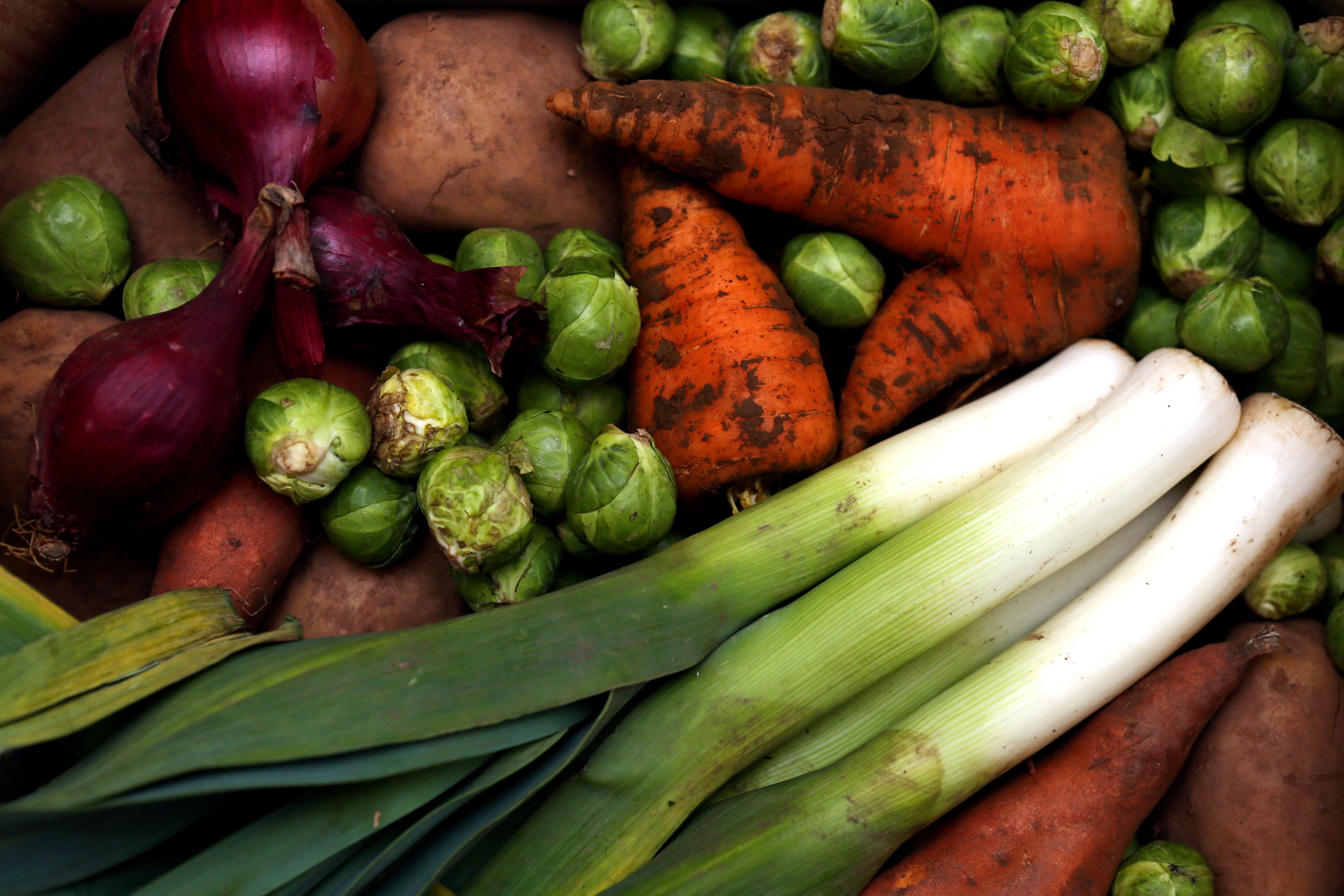Secret of getting children to eat their greens revealed by researchers
Children aged one to four took part in the study in The Netherlands.

Toddlers eat more vegetables if they are rewarded for trying them, according to research.
A study presented at the European Congress on Obesity in Maastricht found that giving children stickers or small toy crowns may help them develop a taste for healthy food.
Experts carried out the three-month research programme on children on aged one to four at nurseries in Limburg, Netherlands.
Researcher Britt van Belkom, from Maastricht University Campus Venlo, who carried out the study, said: “It’s important to start eating vegetables from a young age.
Rewarding toddlers for tasting vegetables appears to... increase their willingness to try different vegetables
“We know from previous research that young children typically have to try a new vegetable eight to 10 times before they like it.
“And so we looked at whether repeatedly asking children to try some vegetables would make them more willing to eat their greens.
“We were also interested in whether providing a fun reward would make a difference.”
Overall, 598 children took part in the Vegetable Box programme at the nurseries.
They were split into three groups, with the first given vegetables to try and then a reward, the second given vegetables and no reward, and a control group which was not exposed to vegetables or rewarded.
The first two groups were given the chance to try a range of vegetables every day at nursery for three months.
Those in the reward group were given fun, non-food rewards, such as a sticker or toy crown, when they tried some vegetables.
Knowledge of vegetables and willingness to taste them was measured at the start and end of the study.
The knowledge was measured by showing the children 14 different vegetables and asking them how many they could name.
The 14 were: tomato, lettuce, cucumber, carrot, pepper, onion, broccoli, peas, cauliflower, mushrooms, green beans, chicory, pumpkin and asparagus.
Consumption was measured by giving the youngsters the chance to taste bite-size pieces of six vegetables – tomato, cucumber, carrot, pepper, radish and cauliflower – and counting how many they were willing to taste.
The results showed that, before the study, those in control group could identify around eight vegetables but after the test this increased to around 10.
Those given rewards, and those who were not, also identified more vegetables – rising from around nine vegetables to 11.
All children were willing to try around five to six types before the study started.
This decreased in the control group, was unchanged in the group given no reward, and increased towards seven in those given a reward.
The research found that vegetable knowledge in toddlers increased in both groups exposed to vegetables relative to the control group.
Willingness to try vegetables only increased significantly in those given a reward.
Miss van Belkom said: “Regularly offering vegetables to toddlers at day care centres significantly increases their ability to recognise various vegetables.
“But rewarding toddlers for tasting vegetables appears to also increase their willingness to try different vegetables.
“The type of reward is, however, very important – it should be fun but not food.”